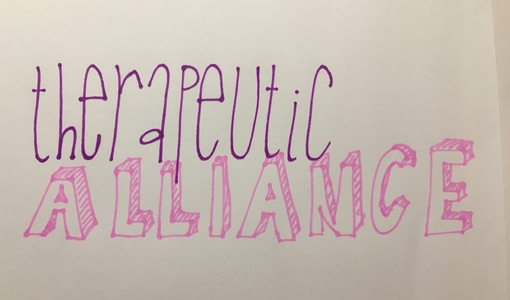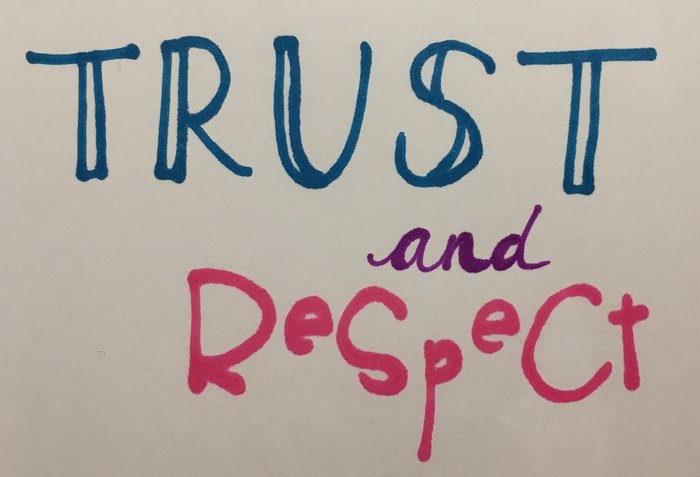When we have depression, we sometimes feel like we want to run away from everything and everyone. The urge to get away and leave everything behind can seem like an attractive option. We may feel incredibly low, overwhelmed by what’s going on for us, claustrophobic and trapped in ourselves.
It’s usually the case however, that running away either isn’t a viable option, or, doesn’t in fact hold the answers to our problems. If you are relating to what has been mentioned so far, read on….
A fantasy
Our vision of what things could be like if we were able to just run away may seem idyllic. It may be a wonderful place of peace, calm and equilibrium we imagine we could run to. It’s a place where we don’t feel depressed. But, our vision isn’t a reality. It is highly likely that feelings of depression will move with us as we try to leave it behind in a futile attempt to start afresh.
Fed up?
If there’s a chance we can identify what it is that we’re wanting to run away from, there’s a chance that we can figure out what to do about it.
Identifying an issue in this way is the first step to taking action to limit the impact it is having on us. We can start to break down what the issue is until we have manageable chunks of resolvable smaller issues.
You may have established that a current issue is that you are in an unfulfilling relationship or stuck in a seemingly dead-end job offering little opportunity for you. Together we can start to break things down and work to find a way through.
An inability to take a step back and stop ourselves being engulfed with overwhelming emotion can often be a stumbling block to helping ourselves. An opportunity to gain perspective on our situation can help us to appreciate that there is a way to help us through.
Start now
If you’re after some simple and practical steps to get you through your darkest days, try some of the following;
- Acknowledge where you are right now
Noticing how low you’re feeling and acknowledging how rubbish things may appear for you is a first step. Before you can fix issues you’re facing, acknowledging the pain you are feeling will bring your attention to the present moment. It will be an opportunity to ground yourself and be in touch with what’s going on for you. Seeing what is there is a chance to do something about what’s there.
- Keep in touch
It may feel like the last thing you want to do, but keeping in touch with others around you is crucial to how you can help yourself out of your dark place. Finding a genuine connection we can touch base with when we’re feeling really bad, even if it’s just to make contact with, is a way we can be heard and noticed.
- Get outside
Get outside for a walk each day. Even if you have no where to go or no place you need to be, getting out of the house and walking for half hour each day will really boost mental health. Having a chance to engage with the outside world may be a useful reminder to us that it is still there. There are people around who can help and support us and who will be people we can interact with if we choose to. It may lift your mood, give you a new environment to focus on and break patterns of thinking.
Talking It Through
Talking it through is also a practical first step.
The idea of talking to someone about what is going on may itself seem like an impossible task. If all you want to do is retreat from the world, opening up and talking to a therapist may not be on your radar. But, if there’s a chance that taking that first step and getting in touch is a step you’re willing to take, it could also be the first step on a journey to feeling better about yourself.
The opportunity to really be heard by someone else may be the glimmer of hope that we need to plough on through. Sharing your problems can provide clarity on what is going on for you and how you may be able to take steps forward. It may not be immediately obvious what we can do or where you would even begin, but my role as a therapist is to be there for you and alongside you on your journey.
Together we’ll find that space in which you can take a breath and begin to make headway on that journey.
If you would like to explore options, get in touch to find out more.




